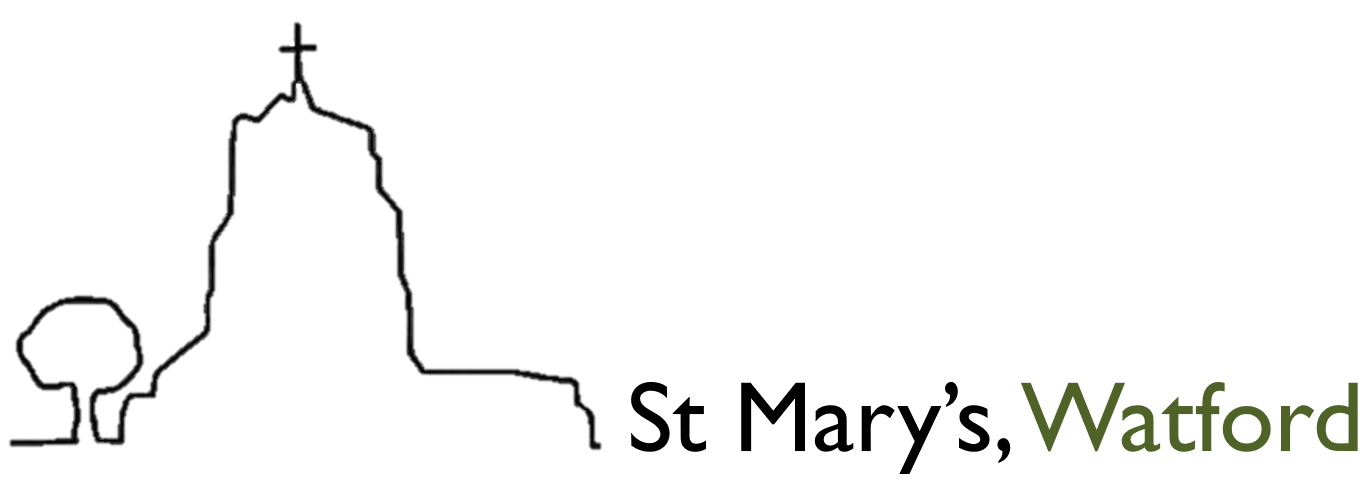Book Review - 'God and the Pandemic' by Tom Wright
Panic, pandemic, pangolin, pandemonium – it sounds like an irregular Greek verb but actually it’s an irregular virus. In this way, Tom Wright, former Bishop of Durham and well-known theologian and writer, starts his latest book, a slim volume (76 pages) of reflections on the Christian approach to the coronavirus.
Is the virus some form of punishment for human wrong? Wright considers what the Old Testament has to say. The book of Lamentations is indeed a poem about the plight of the people of Israel because they have not followed God’s ways. But the psalms provide another perspective. He points to Psalm 44: ‘All this has come upon us, although we have not forgotten you or been false to your covenant’ (v17) or Psalm 88, which he describes as particularly harrowing: ‘O Lord, why have you cast me off, why do you hide your face from me?’ (v14). And then there is the book of Job, whose tribulations are nothing to do with his lifestyle or actions, a reminder for Wright that there are powers that we don’t understand and events that have nothing to do with anything that we or anyone else has done. There is also the example of Jesus when faced with the distress of Martha and Mary at the death of their brother Lazarus (John 11). He did not blame this on anyone’s sins, but wept. Lament for all the suffering is the appropriate response.
So is the virus a sign from God, a precursor of the ‘end times’? Wright turns to the Gospels and firmly rejects the suggestion. Jesus was and is the sign that God will one day redeem the world – the parable of the tenants of the vineyard (Mark 12) shows that very clearly and there will be no more signs after him. He gave his followers a prayer that includes the words’ Thy kingdom come on earth…’ to be prayed not after special events but every day. He demonstrated the kingdom at work in healing the sick and restoring sight to the blind. This was showing how God was in control, not in world-shattering events but in the actions that make for a better world. The death of Lazarus provides a further guide to our response; Jesus wept, but he then took action - he restored Lazarus to life.
Christians are therefore called not only to weep but also to act. Wright comments that the early church made converts because when cities were racked with plague the followers of Christ were prepared to stay and assist not just their families but everyone, rather than fleeing to safety. It marked a completely different approach to life and was a compelling demonstration of their willingness to follow the example of the one who died for all. Not everyone is able to be on the front line, but all can contribute to the preservation of life and community and to the debate about how our society might change for the better as a consequence of the virus.
There is much else in the book - many lessons on what the coming of Christ means for us today and how this is expressed in the New Testament. Tom Wright manages to compress years of thinking and praying into these few pages which can be read at one sitting. As Archbishop Justin Welby comments, the pages are ‘superbly written, utterly Bible-based and leave one satisfied at having learned and yet wanting to know more’. Highly recommended, not just for its topicality but for what it says that is of permanent value as we seek to build God’s kingdom on earth.
Roger Courtney
‘God and the Pandemic’ by Tom Wright (SPCK, £7.99)
